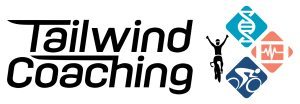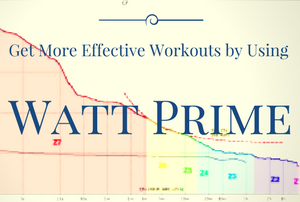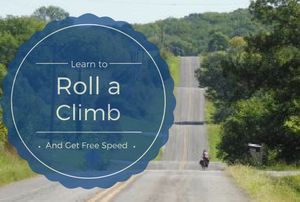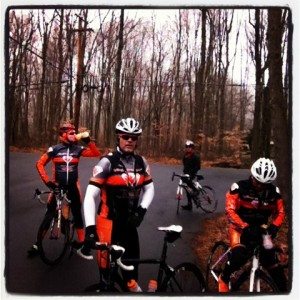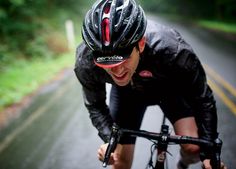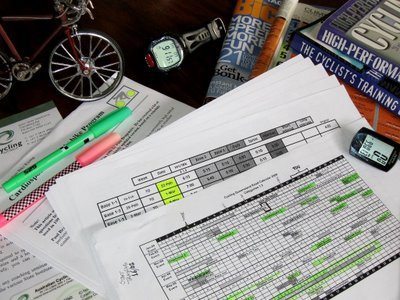Coaching: W’ Power And Effective Workouts (Podcast #54)
What is W’?
W’ is the brain child of Dr. Phil Skiba. He describes W’ as the amount of work (in joules) that an athlete can perform ABOVE their Critical Power. Critical Power, or CP for short, is essentially the power a muscle can provide without fatiguing significantly. It is similar to functional threshold power, but there are a few differences on the physiological level. For the purpose of this podcast, we’ll consider CP and FTP to be the same since they are numerically quite similar.
Essentially, W’ is a measure of energy, specifically a measure of Anaerobic Work Capacity, or how much anaerobic effort an athlete can put out before fatiguing to exhaustion. If you look at the chart above, you’ll see a black line drawn through the power curve. Although this represents an effort during a workout, it perfectly illustrates W’. Everything below that black line would be considered aerobic work that can go on for a LONG time. Everything above that line would represent W’.
As a clearer description, Dr. Skiba has likened W’ to a battery in the past. He has suggested that each effort above CP/FTP causes your battery to drain a little bit. Once you let off the gas and drop below your CP/FTP, your battery begins to recharge. Unfortunately, the recharge is slower than you think, especially the harder you work UNDER your CP/FTP. So it follows that if you burn your battery up, and then continue to perform just below your CP/FTP, your battery will recharge VERY slowly. All the energy that would go into recharging your battery is going to power your performance.
Once you’ve expended all of your W’, it’s game over, you blow up and you’re done for the time being.
There are some hypotheses about what causes W’ to recharge and what happens when we expend all our W’. Those are for another podcast, where we’ll talk about how to possibly improve W’ recharging, but for now, we’ll deal with the practical application of W’ using Golden Cheetah.
Check out the video podcast for some information on W’ and how you can use it to interpret your training (assuming you’re training using something like a Stages Power Meter.)
wprimevideo from Rob Manning on Vimeo.
Podcast: Play in new window | Download (Duration: 36:15 — 183.8MB)
Subscribe: RSS
